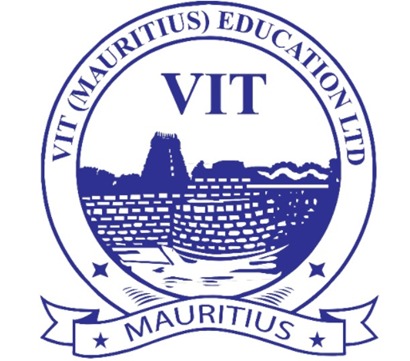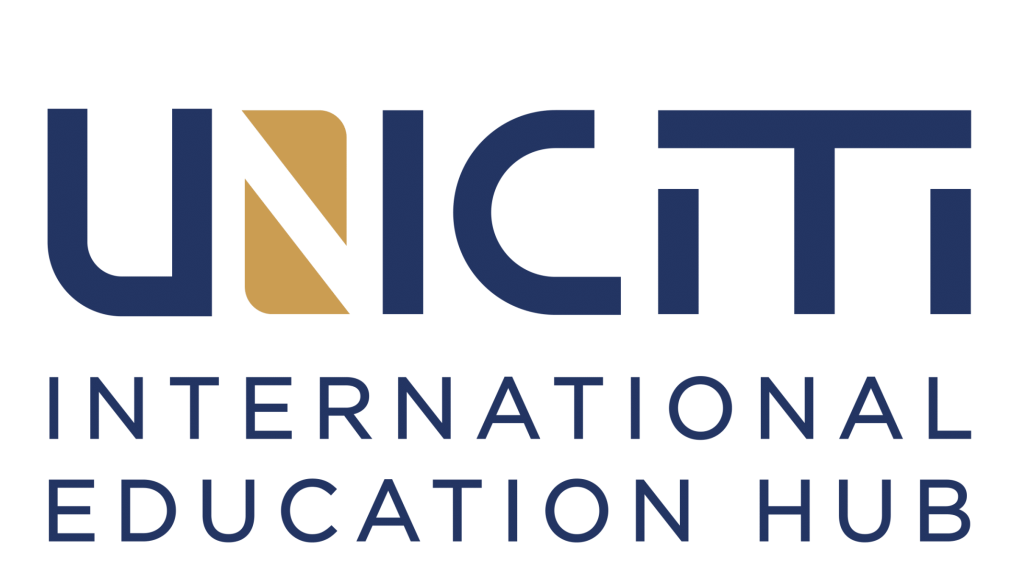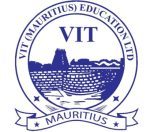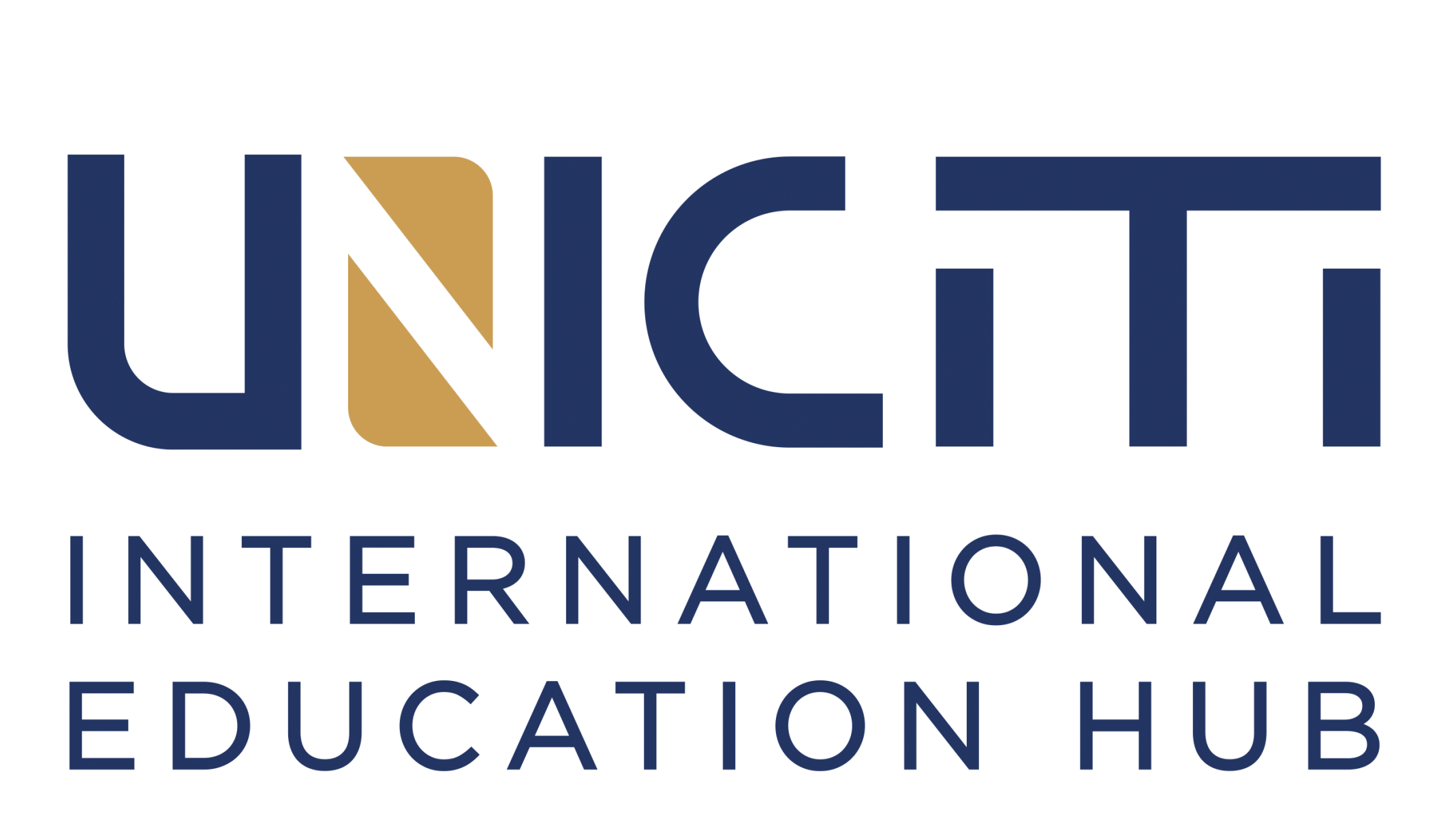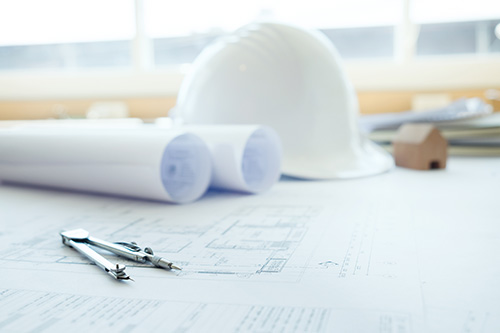Civil Engineering
Bachelor of Engineering (Honours) in Civil Engineering
VISION STATEMENT OF THE SCHOOL OF CIVIL ENGINEERING
To be internationally recognized for ground-breaking contributions, exceptional leadership, strong commitment to creative problem-solving and professional integrity.
MISSION STATEMENT OF THE SCHOOL OF CIVIL ENGINEERING
• The School of Civil Engineering inspires and nurtures innovative leaders.
• Preparedness to address the complex societal-scale challenges in areas of resilient infrastructure, smart and sustainable cities, water and energy security, climate change, mobility of goods and people, and environmental protection.
• Pioneering the emerging skills in Civil Engineering.
Eligibility
• English should have been studied at the higher secondary level OR the candidate should have studied in an English medium school.
• Mathematics and Physics are compulsory two subjects at HSC/ A level/ Form VI/ Senior VI or its equivalent.
• The third subject can either be Chemistry / Computer Sciences / Electronics / Biotechnology.
• A pass with a Minimum aggregate of 55% in the subjects mentioned above in standard XII or its equivalent. For candidates from Nepal, a pass with a minimum of 55% aggregate in the above subjects for Class 11 and Class 12 put-together is mandatory.
• For grade points, an equivalency marks card attained from the school is to be produced.
How to Apply:
Application form is now available at: https://apply.vitmauritius.mu/
Intake: February 2026 / August 2026
Tuition Fees: €5,000 per annum (to be paid in two installments)
PROGRAMME EDUCATIONAL OBJECTIVES (PEOs)
1. Graduates will be engineering practitioners and leaders, who would help solve industry’s technological problems.
2. Graduates will be engineering professionals, innovators or entrepreneurs engaged in technology development, technology deployment, or engineering system implementation in industry.
3. Graduates will function in their profession with social awareness and responsibility.
4. Graduates will interact with their peers in other disciplines in industry and society and contribute to the economic growth of the country.
5. Graduates will be successful in pursuing higher studies in engineering or management.
6. Graduates will pursue career paths in teaching or research.
PROGRAMME OUTCOMES (POs)
PO_01: Having an ability to apply mathematics and science in engineering applications.
PO_02: Having a clear understanding of the subject related concepts and of contemporary issues and apply them to identify, formulate and analyse complex engineering problems.
PO_03: Having an ability to design a component or a product applying all the relevant standards and with realistic constraints, including public health, safety, culture, society and environment.
PO_04: Having an ability to design and conduct experiments, as well as to analyse and interpret data, and synthesis of information.
PO_05: Having an ability to use techniques, skills, resources and modern engineering and IT tools necessary for engineering practice.
PO_06: Having problem solving ability- to assess social issues (societal, health, safety, legal and cultural) and engineering problems.
PO_07: Having adaptive thinking and adaptability in relation to environmental context and sustainable development.
PO_08: Having a clear understanding of professional and ethical responsibility.
PO_09: Having cross cultural competency exhibited by working as a member or in teams.
PO_10: Having a good working knowledge of communicating in English – communication with engineering community and society.
PO_11: Having a good cognitive load management skills related to project management and finance.
PO_12: Having interest and recognise the need for independent and lifelong learning.
PROGRAMME SPECIFIC OUTCOMES (PSOs)
PSO – 01: Formulate and apply innovative, state-of-the-art practices and technologies to provide sustainable solutions to the complex civil engineering problem.
PSO – 02: Plan, analysis, design, construct and maintain the civil engineering systems in relation to environmental, economic and societal demands.
PSO – 03: Apply modern tools and techniques, sustainable materials, and management tools to serve as an engineer with professional and ethical attributes.
CREDIT STRUCTURE
Category-wise Credit distribution
|
Knowledge area |
Credits |
| Mathematics |
64 |
| Natural Sciences |
58 |
| Engineering Sciences |
280 |
| Design and Synthesis |
77 |
| Complementary studies |
94 |
| Total |
573 |
|
Semester |
Code |
Course Title |
L |
T |
P |
C |
|
Semester 1 |
BMAT101L |
Calculus |
3 |
0 |
0 |
10 |
|
BMAT101P |
Calculus Lab |
0 |
0 |
2 |
4 |
|
|
BPHY101L |
Engineering Physics |
3 |
0 |
0 |
10 |
|
|
BPHY101P |
Engineering Physics Lab |
0 |
0 |
2 |
4 |
|
|
BCSE101E |
Computer Programming: Python |
1 |
0 |
4 |
10 |
|
|
BEEE102L |
Basic Electrical and Electronics Engineering |
3 |
0 |
0 |
10 |
|
|
BEEE102P |
Basic Electrical and Electronics Engineering Lab |
0 |
0 |
2 |
4 |
|
|
BSTS101P |
Quantitative Skills Practice I |
0 |
0 |
3 |
7 |
|
|
BMEE102P |
Engineering Design Visualisation Lab |
0 |
0 |
4 |
7 |
|
|
Semester 1: Total |
66 |
|||||
|
Semester |
Code |
Course Title |
L |
T |
P |
C |
|
Semester 2 |
BCHY102L |
Environmental Sciences |
3 |
0 |
0 |
10 |
|
BMAT102L |
Differential Equations and Transforms |
3 |
1 |
0 |
12 |
|
|
BENG101L |
Technical English Communication |
2 |
0 |
0 |
7 |
|
|
BENG101P |
Technical English Communication Lab |
0 |
0 |
2 |
4 |
|
|
BSTS102P |
Quantitative Skills Practice II |
0 |
0 |
3 |
7 |
|
|
BCLE201L |
Construction Materials |
2 |
0 |
0 |
7 |
|
|
BMEE201L |
Engineering Mechanics |
2 |
1 |
0 |
10 |
|
|
BHUM101L |
Ethics and Values |
2 |
0 |
0 |
7 |
|
|
BCLE206E |
Building Planning and Drawing |
1 |
0 |
2 |
7 |
|
|
Semester 2: Total |
71 |
|||||
|
Semester |
Code |
Course Title |
L |
T |
P |
C |
|
Semester 3 |
BMAT201L |
Complex variables and linear algebra |
3 |
1 |
0 |
12 |
|
BCSE103E |
Computer Programming: Java |
1 |
0 |
4 |
10 |
|
|
BSTS201P |
Qualitative Skills Practice I |
0 |
0 |
3 |
7 |
|
|
BENG102P |
Technical report writing |
0 |
0 |
2 |
4 |
|
|
BCLE202L |
Fluid mechanics |
3 |
0 |
0 |
10 |
|
|
BCLE202P |
Fluid mechanics Lab |
0 |
0 |
2 |
4 |
|
|
BCLE203L |
Mechanics of Solids |
3 |
0 |
0 |
10 |
|
|
BCLE203P |
Mechanics of Solids Lab |
0 |
0 |
2 |
4 |
|
|
BCLE204L |
Surveying |
3 |
0 |
0 |
10 |
|
|
BCLE204P |
Surveying Lab |
0 |
0 |
2 |
4 |
|
|
BFLE200L |
Foreign Language |
2 |
0 |
0 |
7 |
|
|
Semester 3: Total |
82 |
|||||
|
Semester |
Code |
Course Title |
L |
T |
P |
C |
|
Semester 4 |
BMAT202L |
Probability and Statistics |
3 |
0 |
0 |
10 |
|
BMAT202P |
Probability and Statistics lab |
0 |
0 |
2 |
4 |
|
|
BCHY101L |
Engineering Chemistry |
3 |
0 |
0 |
10 |
|
|
BCHY101P |
Engineering Chemistry Lab |
0 |
0 |
2 |
4 |
|
|
BSTS202P |
Qualitative Skills Practice II |
0 |
0 |
3 |
7 |
|
|
BCLE209L |
Engineering Geology |
2 |
0 |
0 |
7 |
|
|
BCLE207L |
Soil Mechanics |
3 |
0 |
0 |
10 |
|
|
BCLE207P |
Soil Mechanics Lab |
0 |
0 |
2 |
4 |
|
|
BCLE208L |
Structural Analysis |
2 |
1 |
0 |
10 |
|
|
BCLE301L |
Concrete Technology |
3 |
0 |
0 |
10 |
|
|
BCLE301P |
Concrete Technology Lab |
0 |
0 |
2 |
4 |
|
|
Semester 4: Total |
80 |
|||||
|
Semester |
Code |
Course Title |
L |
T |
P |
C |
|
Semester 5 |
BCLE302L |
Hydraulics and Hydraulic Machines |
3 |
0 |
0 |
10 |
|
BCLE302P |
Hydraulics and Hydraulic Machines Lab |
0 |
0 |
2 |
4 |
|
|
BCLE205L |
Environmental Engineering |
3 |
0 |
0 |
10 |
|
|
BCLE205P |
Environmental Engineering Lab |
0 |
0 |
2 |
4 |
|
|
BMAT205L |
Discrete Mathematics and Graph theory |
3 |
1 |
0 |
12 |
|
|
BCLE303L |
Foundation Engineering |
2 |
1 |
0 |
10 |
|
|
BCLE304L |
Design of Reinforced Concrete Structures |
3 |
0 |
0 |
10 |
|
|
BCLE304P |
Design of Reinforced Concrete Structures Lab |
0 |
0 |
2 |
4 |
|
| Open Elective 1 |
10 |
|||||
| Discipline Elective 1 |
10 |
|||||
|
Semester 5: Total |
84 |
|||||
|
Semester |
Code |
Course Title |
L |
T |
P |
C |
|
Semester 6 |
BHSM200L |
HSM elective |
10 |
|||
|
BCLE306L |
Water Resources Engineering |
3 |
0 |
0 |
10 |
|
|
BCLE306P |
Water Resources Engineering Lab |
0 |
0 |
2 |
4 |
|
|
BCLE307L |
Construction Practices and Management |
3 |
0 |
0 |
10 |
|
|
BCLE308L |
Design of Steel Structures |
3 |
0 |
0 |
10 |
|
|
BCLE308P |
Design of Steel Structures Lab |
0 |
0 |
2 |
4 |
|
|
BCLE309L |
Estimating and Costing |
2 |
0 |
0 |
7 |
|
|
BCLE317L |
Building Information Modeling |
2 |
0 |
0 |
7 |
|
| Discipline Elective 2 |
10 |
|||||
| Open Elective 2 |
10 |
|||||
| Discipline Elective 3 |
10 |
|||||
|
Semester 6: Total |
92 |
|||||
|
Semester |
Code |
Course Title |
L |
T |
P |
C |
|
Semester 7 |
Open Elective 3 |
10 |
||||
| Open Elective 4 |
10 |
|||||
| Discipline Elective 4 |
10 |
|||||
| Discipline Elective 5 |
10 |
|||||
|
BCSE497J |
Project – I |
7 |
||||
|
BEXC100L |
ExtraCurricular Activities |
7 |
||||
|
Semester 7: Total |
54 |
|||||
|
Semester |
Code |
Course Title |
L |
T |
P |
C |
| Semester 8 |
BCSE499J |
Capstone Project / Internship |
|
|
|
40 |
|
Semester 8: Total |
40 |
|||||
| Semester 4/6 |
BCSE399J |
Summer Industrial Internship |
|
|
|
4 |
|
Total Credits |
573 |
|||||
Author
